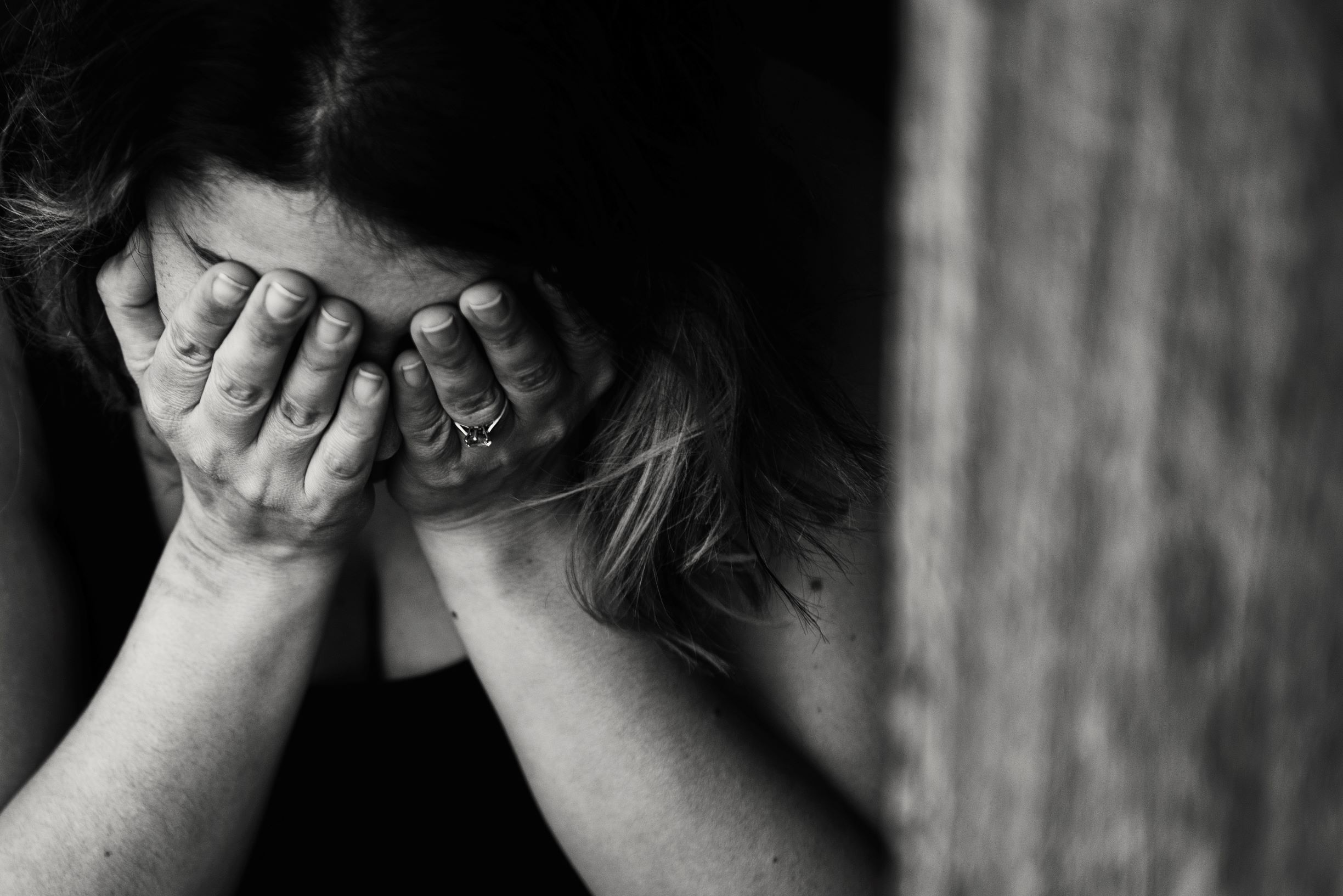Introduction: A Compassionate, Innovative Approach to Healing
At Recovery Without Walls (RWW), our philosophy is built on the idea that recovery should not be cruel, fragmented, or one-size-fits-all. Too often, patients are forced into traumatic detox experiences or left with limited treatment options that do not address their unique needs.
We believe in a compassionate detox process that reduces suffering, restores dignity, and builds a foundation for long-term healing. As pioneers in personalized outpatient addiction treatment, we carefully integrate medications when appropriate—always guided by medical expertise and our holistic focus on mind, body, and spirit.
One such medication, baclofen, has shown promise in supporting individuals with alcohol use disorder, withdrawal symptoms, and anxiety during recovery. While it is most widely known as a muscle relaxant for conditions such as multiple sclerosis, cerebral palsy, and spinal cord injury, research and clinical experience reveal a broader potential role in addiction medicine.
This guide explains baclofen is for what, its possible benefits in substance use treatment, its risks and side effects, and how RWW incorporates it safely into personalized care plans.
What Is Baclofen?
Baclofen is a medication classified as a skeletal muscle relaxant. It works by activating the GABA-B receptor, reducing the transmission of signals in the central nervous system (CNS). This mechanism helps calm overactive nerve activity in the spinal cord and brain, making it useful for:
- Muscle spasms caused by multiple sclerosis, cerebral palsy, or spinal cord injury/disease.
- Chronic spastic movement disorders and conditions affecting motor neurons.
- Off-label use for alcohol use disorder, anxiety related to withdrawal, and cravings management.
Baclofen is available in several dosage forms, including:
- Oral tablets and oral suspension/oral solution (e.g., Ozobax DS, oral liquid).
- Oral granules for patients who have difficulty swallowing tablets.
- Intrathecal baclofen via infusion pumps in severe neurological cases, where medication is delivered directly into the cerebrospinal fluid (CSF).
At RWW, we primarily prescribe oral baclofen in carefully adjusted doses, sometimes alongside other non-addictive medications like gabapentin, as part of a post-detox stabilization plan.
Baclofen and Alcohol Use Disorder
In the early 2000s, baclofen gained attention as a novel treatment for alcohol use disorder. Unlike benzodiazepines, which are commonly used in detox but carry a high risk of dependence, baclofen offers an alternative.
How It Helps
- Manages alcohol withdrawal symptoms: By calming hyperactive neural pathways, baclofen may help reduce anxiety, insomnia, tremors, and muscle spasms.
- Reduces cravings: Research suggests baclofen may modulate the mesolimbic dopamine pathway, helping patients control urges to drink.
- Supports patients with liver or kidney disease: Baclofen is less toxic to major organs compared to many other medications, making it safer for long-term use.
- Addresses baclofen anxiety: Many people experience heightened anxiety during withdrawal. Baclofen’s calming effect on the CNS helps ease this without the addictive risks of sedatives.
Why Baclofen Ensures Safe Alcohol Detox
Detoxing from alcohol without medical support can be dangerous and even life-threatening due to complications like delirium tremens, seizures, and respiratory depression. At RWW, we use baclofen and other medications when appropriate to ensure a safe, comfortable, and humane detox process.
How Baclofen Is Administered in Recovery Programs
At Recovery Without Walls, baclofen is usually introduced after initial detox, during the early stabilization phase, when cravings and anxiety are most disruptive.
A typical plan may look like this:
- Evening dose: A small oral baclofen dose, sometimes paired with gabapentin, to reduce evening cravings when relapse risk is highest.
- Bedtime dose: An additional dose before sleep, supporting rest and reducing insomnia.
- Start low, go slow: We begin with the smallest possible dose—sometimes half of the smallest pill—and gradually increase as needed.
- Monitoring: Adjustments are made based on side effects, cravings, and patient comfort.
This personalized approach helps ensure baclofen works as a supportive bridge, not as a crutch, in long-term recovery.
Risks and Side Effects of Baclofen
Like all medications, baclofen carries potential risks, side effects, and withdrawal symptoms.
Common Side Effects
- Drowsiness or dizziness
- Muscle weakness or fatigue
- Headache
- Nausea or gastrointestinal discomfort
- Sleep disturbances
Less Common Side Effects
- Vision changes or blurred vision
- Dry mouth
- Urinary frequency or discomfort
- Increased sweating or skin rash
Serious Reactions (Seek Medical Help Immediately)
- Severe drowsiness or confusion
- Breathing difficulties or respiratory depression
- Severe muscle stiffness or spasms
- Allergic reaction (swelling, rash, difficulty breathing)
Baclofen Withdrawal Symptoms
Stopping baclofen suddenly can cause dangerous withdrawal reactions, including:
- Agitation, hallucinations, or seizures
- Severe rebound muscle spasms
- High blood pressure or rapid heart rate
- Fever or altered mental status
Because of this, patients must never discontinue baclofen without medical guidance. At RWW, we taper medications slowly and safely, always monitoring for complications.
Drug Interactions and Safety Considerations
Baclofen can interact with other medications and substances, including:
- CNS depressants (benzodiazepines, sleep medications, barbiturates) → increased risk of sedation and slowed breathing.
- Opioid medications → risk of overdose when combined.
- Alcohol → combining baclofen with alcohol can cause dangerous impairment, memory problems, and life-threatening respiratory depression.
Patients with kidney disease require special caution, since baclofen is primarily cleared by the kidneys. At RWW, we coordinate with each patient’s broader care team to ensure safe prescribing.
The Problem With Conventional Approaches
Too many addiction programs rely on:
- Traumatic detox experiences that discourage long-term recovery.
- Quick-fix medications that create new dependencies.
- Fragmented care systems that fail to address both the physical and psychological roots of addiction.
This often causes patients to be called “treatment-resistant.” They feel hopeless or left behind by traditional medicine.
RWW’s Solution: Compassionate, Personalized Detox and Recovery
At Recovery Without Walls, we see things differently.
- Compassionate Detox: We believe withdrawal should not be unnecessarily cruel. Medications like baclofen allow us to ease suffering while keeping patients safe.
- Personalized Prescription Strategies: Every treatment plan is tailored to the individual—there are no cookie-cutter solutions.
- Integrative Healing: We go beyond medications, incorporating psychotherapy, lifestyle changes, physical therapy, and spiritual integration into recovery.
- Innovative Approaches: With decades of pioneering work in buprenorphine, ketamine-assisted psychotherapy, and alternative pharmacology, RWW leads the way in compassionate, science-based addiction care.
FAQs About Baclofen in Addiction Treatment
Q: Baclofen is for what conditions?
Baclofen is primarily prescribed as a muscle relaxant for neurological conditions such as multiple sclerosis, spinal cord injuries, and cerebral palsy. In addiction medicine, it may also be used to manage alcohol withdrawal symptoms and cravings.
Q: Can baclofen help with anxiety?
Yes—baclofen’s effect on the central nervous system can help ease anxiety, especially during alcohol withdrawal. However, it should not be prescribed solely as an anxiety medication.
Q: What are baclofen’s withdrawal symptoms?
Stopping baclofen abruptly can cause severe withdrawal, including seizures, hallucinations, or high blood pressure. Medical tapering is essential.
Q: Is baclofen addictive?
Unlike benzodiazepines, baclofen is not considered addictive, though it must still be managed carefully to avoid dependence or misuse.
Q: How is baclofen taken?
Most patients take baclofen orally, in tablet or liquid form. In severe neurological conditions, intrathecal baclofen via pump infusion may be used.
Take the Next Step With Recovery Without Walls
If you are struggling with alcohol use disorder, withdrawal symptoms, or cravings, know that compassionate, effective help is available. Baclofen may play a supportive role in your recovery, but only as part of a holistic, personalized treatment plan.
At Recovery Without Walls, we integrate innovative pharmacology with psychotherapy, physical healing, and compassionate support. From our practice in Mill Valley, California, we welcome patients from across the Bay Area and beyond.
Contact us today to schedule a consultation and explore safe, supportive alternatives for addiction, pain, and mental health treatment.




